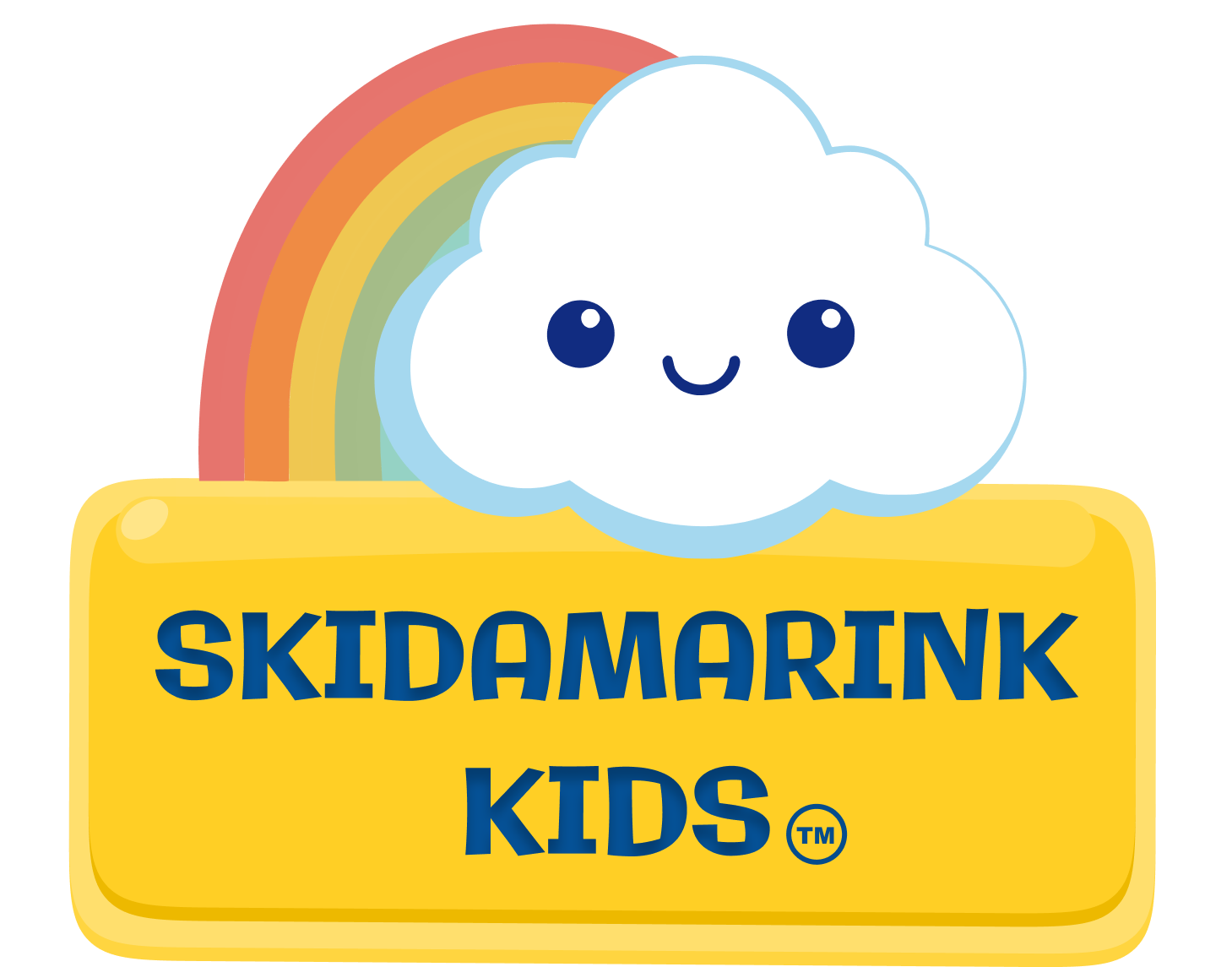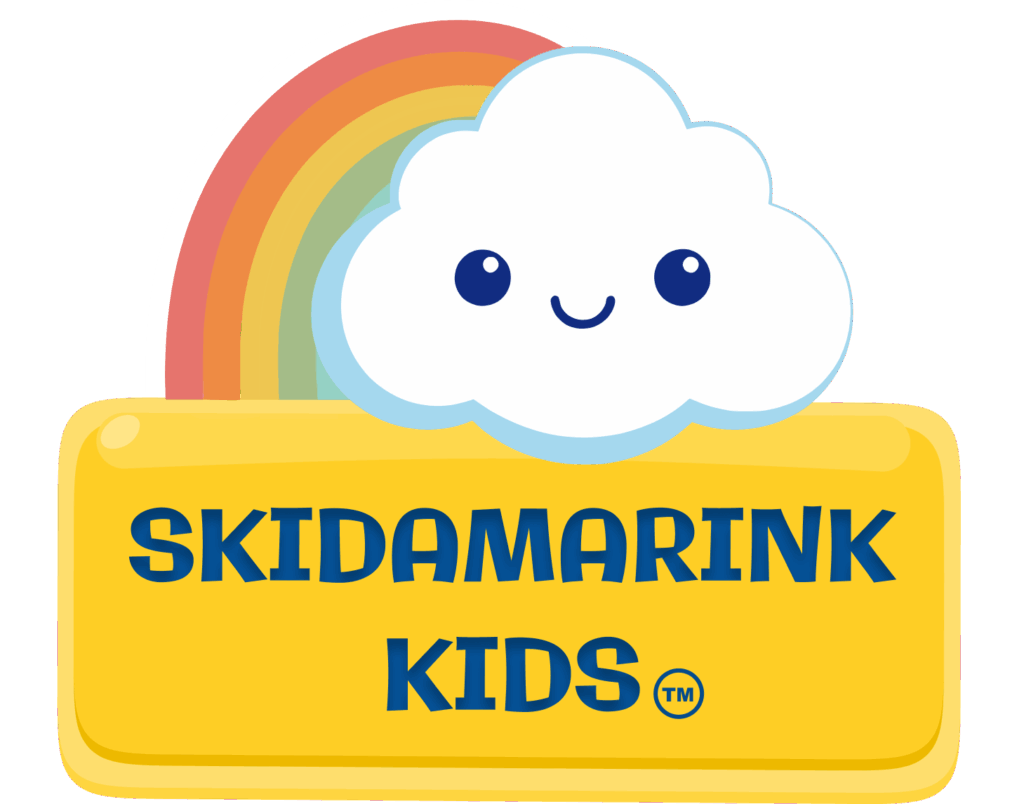We’ve all had those days when cooperation seems out of reach, and every request turns into a struggle. Parenting young children can be challenging, and staying calm through meltdowns or defiance isn’t always easy. It’s important to remember that meltdowns are a normal part of child development—there’s no way to completely stop them from happening. The main goal of preventing child tantrums is to find proactive ways to reduce their frequency as your child develops more self-regulation skills over time. Our focus should be on decreasing meltdowns and creating more opportunities to have fun together.
By taking a proactive approach focused on preventing child tantrums, you can set a positive tone and create a supportive environment that helps minimize meltdowns and encourages cooperation. These tantrum prevention strategies will help you and your child navigate challenging moments with greater ease and connection, transforming your daily routines from battlegrounds into opportunities for bonding.
Connection Strategies: The Foundation of Preventing Child Tantrums
Connect Before Correcting
The most effective tantrum prevention strategies start with building connection before addressing behavior. When children feel seen and understood, they’re far more likely to cooperate:
Essential Connection Steps:
- Get down to your child’s level – Physical positioning matters for connection
- Make gentle eye contact – This builds trust and shows you’re present
- Acknowledge feelings first: “I see you’re frustrated about putting on shoes”
- Listen actively to what they’re trying to communicate
- Use gentle touch when welcomed – A hand on the shoulder can be calming
Why This Works: Children who feel connected are less likely to resort to tantrums to get attention or express their needs.
Be Silly to Create a Positive Environment
One of the most effective proactive parenting techniques involves using appropriate humor and playfulness:
Laughter-Based Strategies:
- Use kind humor that includes rather than excludes your child
- Try playful voices during routine activities
- Avoid sarcasm or teasing which can damage connection
- Stay positive even when redirecting behavior
Practical Examples:
- Make cleanup a game: “Let’s see if the toys can race to their homes!”
- Use silly songs during routines: “This is the way we brush our teeth…”
- Turn transitions into fun: “Let’s hop like bunnies to the bathroom!”
- Make food engaging: “Oh no, you ate the smiley face’s nose!”
The Science: Laughter eases tension, disarms fear responses, and builds genuine connection between parent and child.
Effective Approaches for Reducing Child Meltdowns
The “First, Then” Method
This structure helps children understand expectations while giving them something to look forward to:
How to Implement:
- Clearly outline what needs to happen before the preferred activity
- Be prepared to wait – don’t rush the process
- Stay consistent with your follow-through
- Keep it simple and age-appropriate
Effective Examples:
- “First shoes, then playground”
- “First pajamas, then stories”
- “First wash hands, then snack”
- “First cleanup, then tablet time”

The “Not a Choice” Strategy
When preventing child tantrums involves non-negotiable safety or respect issues:
Implementation Steps:
-
Give clear instructions about what TO do
-
Offer acceptable choices within boundaries
-
Save “No and “Stop!” for true emergencies only
Examples in Action:
- Standing on furniture: “Not a choice. Sit on your bottom or stand on the floor?”
- Throwing toys: “Not a choice. Put the toy down gently or I’ll help you put it away.”
Replace “No” with Positive Alternatives
Instead of Negative Commands:
-
Label the unwanted behavior: “Hitting is not a choice”
-
State the expectation: “Hands down”
-
Provide two acceptable alternatives: “You can squeeze your fidget toy or sing a song with me”
-
Stay calm and consistent while they process
-
Allow processing time without repeating yourself
Better Communication:
- “Walk please” instead of “Don’t run”
- “Gentle touches” instead of “Don’t hit”
- “Food stays on the plate” instead of “Don’t throw food”
Managing Transitions: Key to Preventing Child Tantrums
Clear Communication for Smooth Transitions
Effective Transition Techniques:
-
Give specific time prompts: “Five minutes until cleanup time”
-
Avoid asking if they’re ready for non-optional activities like bath or bedtime
-
Offer related choices: “Would you like to use the red toothbrush or blue one?”
-
Use timers or countdowns with a fun, silly voice
-
Repeat warnings 1-2 times maximum
Transition Examples:
-
“Two more trips down the slide, then home”
-
“One more book, then lights out”
-
“After this song, we’re getting in the car”
Why Transitions Trigger Tantrums
Understanding that transitions are difficult helps us use proactive parenting techniques:
-
Children get absorbed in activities and struggle to shift focus
-
They may not understand time concepts well
-
Sudden changes feel threatening to their sense of control
-
They need time to mentally prepare for what’s coming next
Self-Regulation Support for Reducing Child Meltdowns
Reduce Environmental Triggers
Proactive Environmental Management:
- Watch for fatigue and hunger – these are primary meltdown triggers
- Modify challenging activities before they become overwhelming
- Limit screen time to prevent overstimulation
- Create designated calming spaces in your home
Consistency Builds Security
Essential Consistency Elements:
- Set reasonable expectations based on your child’s developmental stage
- Follow through on what you say you’ll do
- Provide predictable structure in daily routines
- Stay patient when children are learning new skills
Sensory Support Throughout the Day
Proactive Sensory Strategies:
- Provide regular sensory breaks – jumping, swinging, quiet time
- Incorporate calming activities into daily routines
- Notice sensory preferences and honor them when possible
- Create sensory-friendly environments that support regulation
Age-Specific Tantrum Prevention Strategies
Toddlers (1-3 years)
Keep It Simple:
- One-step directions that are easy to follow
- Use pictures or visual schedules to support understanding
- Offer limited choices: “Red cup or blue cup?”
- Use short, clear phrases that match their language level
- Assist with “First/Then” – help them complete the first task
- Use visual timers for transitions they can understand
Preschoolers (3-5 years)
Build Independence:
- Give two acceptable choices to increase their sense of control
- Create simple, predictable routines they can follow
- Work up to two or three-step directions gradually
- Wait for them to complete the first task in “First/Then” scenarios
- Use timers they can see and understand
- Praise specific efforts: “You put all the blocks in the right bin!”
Early School Age (5-7 years)
Increase Responsibility:
- Create age-appropriate responsibility charts they can manage
- Allow natural consequences to teach cause and effect
- Involve them in rule-making for family expectations
- Teach basic problem-solving skills for conflicts
- Guide self-reflection about choices and outcomes
Building Long-Term Success in Preventing Child Tantrums
Key Reminders for Parents
Essential Principles:
- Regulate yourself first – your calm creates their calm
- Stay patient during the learning process
- Allow processing time without rushing responses
- Limit repeated instructions – say it once, then help
- Avoid bargaining during non-negotiable situations
- Focus on connection as the foundation for cooperation
- Celebrate progress rather than demanding perfection
Important Note: Age ranges are guidelines – start at your child’s current level and gradually work toward higher-level skills.
Pro Tip for Tantrum Prevention
Building cooperation takes time and consistency. Focus on preventing child tantrums through connection, clear expectations, and supportive routines rather than managing behaviors after they occur. The time invested in these proactive parenting techniques pays off exponentially in family harmony.
Moving Forward with Prevention-Focused Parenting
By implementing these tantrum prevention strategies, you’re not only reducing daily stress but also teaching your child valuable self-regulation skills. These proactive parenting techniques create a foundation for lifelong emotional resilience and cooperation.
Remember, preventing child tantrums is about creating an environment where children feel safe, understood, and capable of success. When we focus on connection and clear communication, we give our children the tools they need to navigate their big emotions without resorting to meltdowns.
The patience, empathy, and consistency you invest in these reducing child meltdowns strategies will create a calmer, more enjoyable family environment where both you and your child can thrive.
Want to Learn More
For more information related to meltdowns in children, check out our companion blogs: “Why Do Toddlers Have Tantrums? Development Not Defiance”, Tantrum Triggers: What Sets Off Your Child’s Meltdowns”, “How to Handle Tantrums in Children: Calm Responses That Work”, and “How to Get Kids to Cooperate: Building Positive Behavior”
Helpful Resources for Managing Toddler Tantrums:
- “Easy to Love, Difficult to Discipline” by Dr. Becky Bailey – Comprehensive strategies for positive discipline
- “If I Have to Tell You One More Time” by Amy McCready – Practical solutions for common behavior challenges
– Kendra








